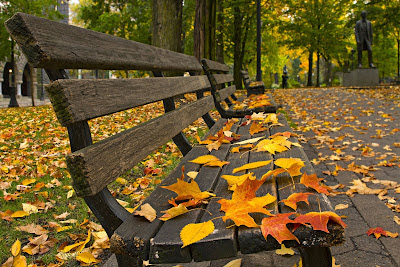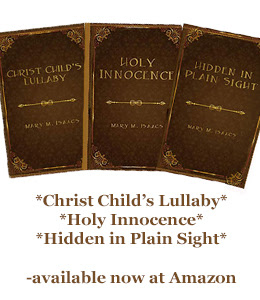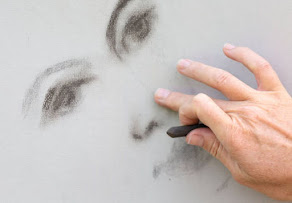At the end of 1915, Rathbone was called up via the Derby Scheme into the British Army as a private with the London Scottish Regiment, joining a regiment that also counted in its ranks his future professional acting contemporaries Claude Rains, Herbert Marshall and Ronald Colman at different points through the conflict. After basic training with the London Scots in early 1916 he received a commission as a lieutenant in the 2/10th Battalion of the King's Liverpool Regiment (Liverpool Scottish), where he served as an intelligence officer and eventually attained the rank of captain. Rathbone's younger brother John was killed in action on 4 June 1918. It was after this that Rathbone convinced his superiors to allow him to scout enemy positions during daylight rather than at night, as was the usual practice to minimize the chance of detection. Rathbone describes it thus in his autobiography "Camouflage suits had been made for us to resemble trees. On our heads were wreaths of freshly plucked foliage, our faces and hands were blackened with burnt cork." As a result of these highly dangerous daylight raids In September 1918, he was awarded the Military Cross for "conspicuous daring and resource on patrol". Richard Van Emden in his book Famous 1914-18 speculates that this extreme bravery may have been a form of guilt or a need for vengeance following his brother's death.
Capt. Rathbone, we thank you for your service to your country. R.I.P.








No comments:
Post a Comment